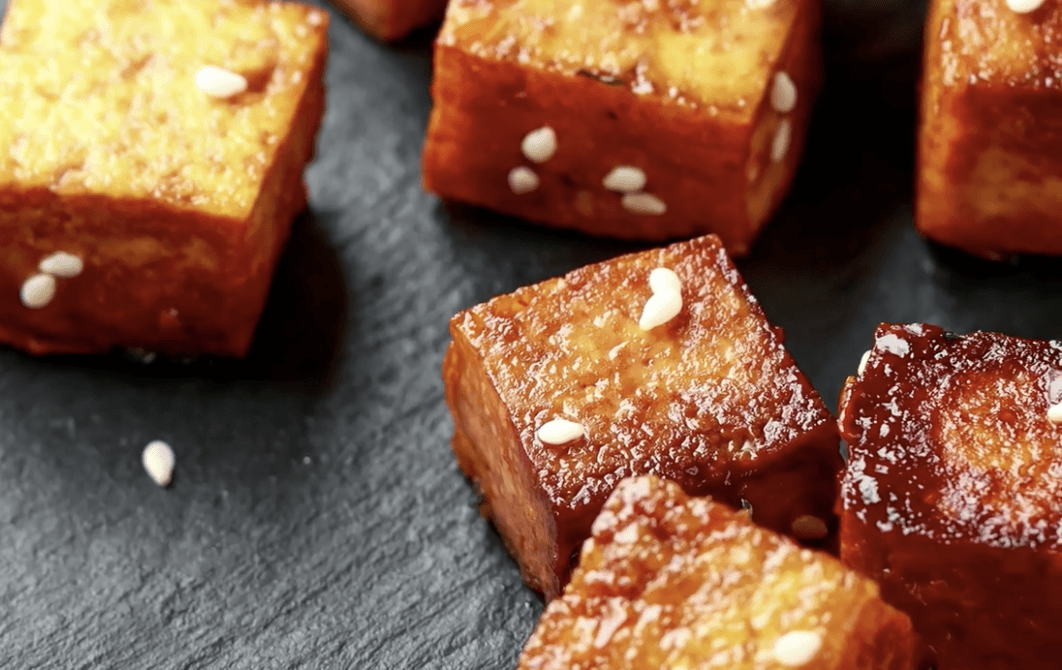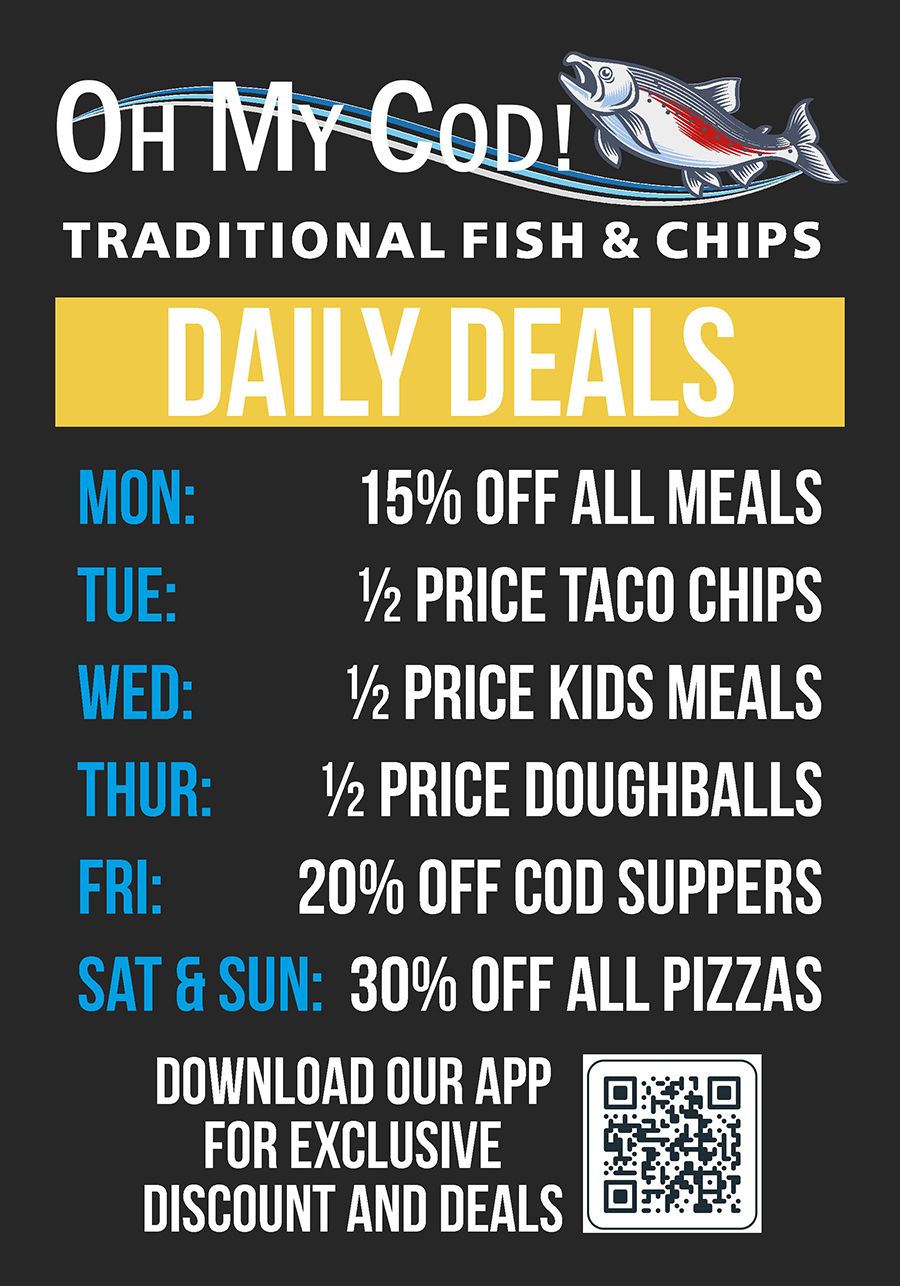PROTEIN is a macronutrient, meaning we need it in larger amounts – same with carbohydrate and fats. By no means should the majority of your calories be coming from protein as this will always be carbohydrates, followed by fats (more poly and mono) and then protein.
Protein is needed for growth, repair and maintenance of our bodies, especially for bones and muscles. Our protein needs change across our life spans with increased needs during growth and adolescence as well as adulthood and in particular athletes or people that train.
Higher quality protein animal foods include meat, poultry, dairy, fish and eggs. Higher quality plant proteins include soya milk, soya beans, soya nuts, tempeh, tofu, hemp seeds, chia seeds, mycoprotein (Quorn), buckwheat, spirulina and bluegreen algae seaweeds.
People who follow a vegan diet can get as much quality protein from the plant foods as they can from a diet that has animal foods. Also, if beans and peas are combined with starches – for example beans on toast or beans and peas with rice – this combination will make a higher quality protein. Protein is also an energy source, providing the body with four calories per one gram. Where we live people get plenty of protein but too much comes from meat, in particular red meat and processed red meats like sausages, hams, bacon etc. These can provide an environment for bowel cancer and the guides are no more than 70g per day or 490g per week.
It is important to include a range of protein-containing foods but we are recommended to eat more plant derived protein foods. Protein recommendations for adults are around 52.5g for a person weighing 70kg. To work out your protein requirements as an adult simply multiply your weight in kilograms by the number 0.75. This will give you an estimate of grams of protein per day. People who train usually fall anywhere between 1.4-2.0 grams of protein multiplied by their weight in kilograms.
Lee McCusker (BA; MSc; MSc; MSc; ANutr; SENr) is a registered nutritionist from Belfast and can be found on Facebook, Instagram and Twitter.
Email: attentivenutrition@gmail.com









